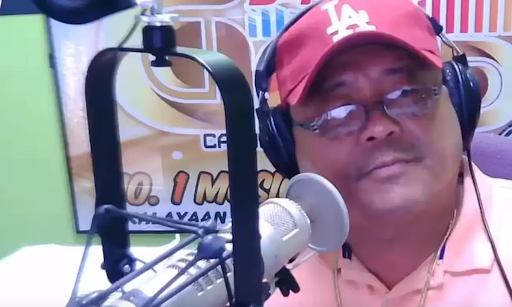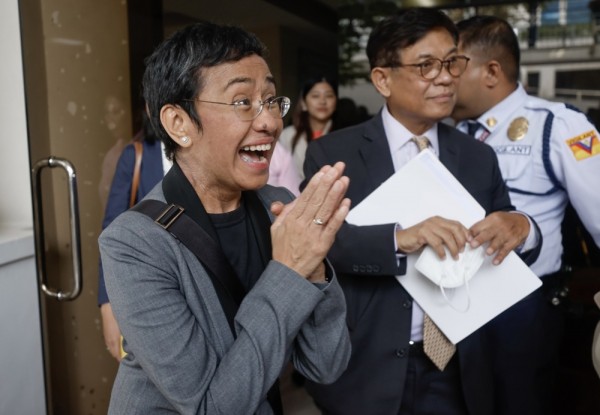A journalist was killed on 5 January on the southern Philippines’ island of Mindanao, confirming the Philippines’ reputation as one of the world’s most dangerous countries for journalists.
At least four journalists were killed in retaliation for their reports in 2011, according to IPI’s recently-released Death Watch figures, and a total of 57 journalists have been killed in the Philippines over the past five years – 32 of them in a single massacre in Maguindanao in 2009.
Christopher Guarin, a radio talk show host on the Radio Mindanao Network and the publisher of a local newspaper in General Santos City, was shot by unidentified gunmen on a motorcycle while driving home with his wife and daughter. Chief Supt. Benjardi Mantele, chief of the Central Mindanao police, said that when the gunmen opened fired Guarin fled from his car to protect his family members, who were in the car with him, from the shots. The attackers chased him and shot him six times. The journalist died on the spot. His wife was also wounded in the ambush.
Before the attack, Guarin received a threatening SMS message during his radio show, warning him not to go out or he would be killed. The radio commentator read the message on air. Guarin’s co-anchor Fred Solinap reportedly said that Guarin was confused by the threat as he was not aware of having any enemies.
Three days after the attack, police chief Mantele publicly stated that an initial investigation carried out by a task force formed to solve the journalist’s murder appeared to indicate that a personal grudge was the motive behind the killing.
The Philippines Inquirer also reported that “Mayor Darlene Antonino-Custodio said the immediate help the city government could extend was to facilitate the issuance of permits to carry (PTC) firearms to journalists here”.
International Press Institute (IPI) Executive Director Alison Bethel McKenzie said: “It is appalling that, less than a week into the new year, a journalist has already been killed in the Philippines. The self-censorship generated by the widespread violence against journalists heavily affects independent reporting. I hope that the authorities understand that encouraging journalists to carry weapons is not an acceptable solution to a problem for which only state institutions are responsible. The state has an obligation to protect journalists and ensure that the perpetrators of attacks against them are brought to justice. This is a fundamental element of a state’s responsibility towards press freedom.”
In reaction to attacks against journalists and widespread impunity, in September 2011 IPI organised a press freedom mission to the Philippines for meetings with representatives of journalists and media groups as well as high level representatives of the country’s justice, interior and presidential offices.


